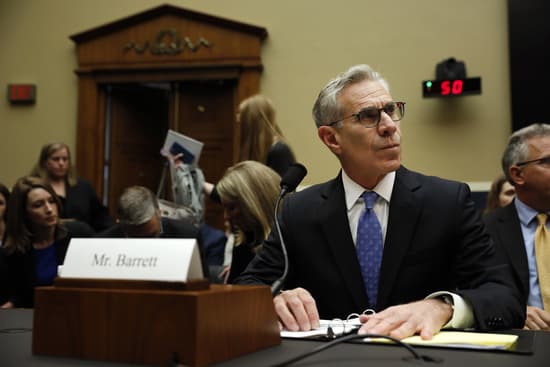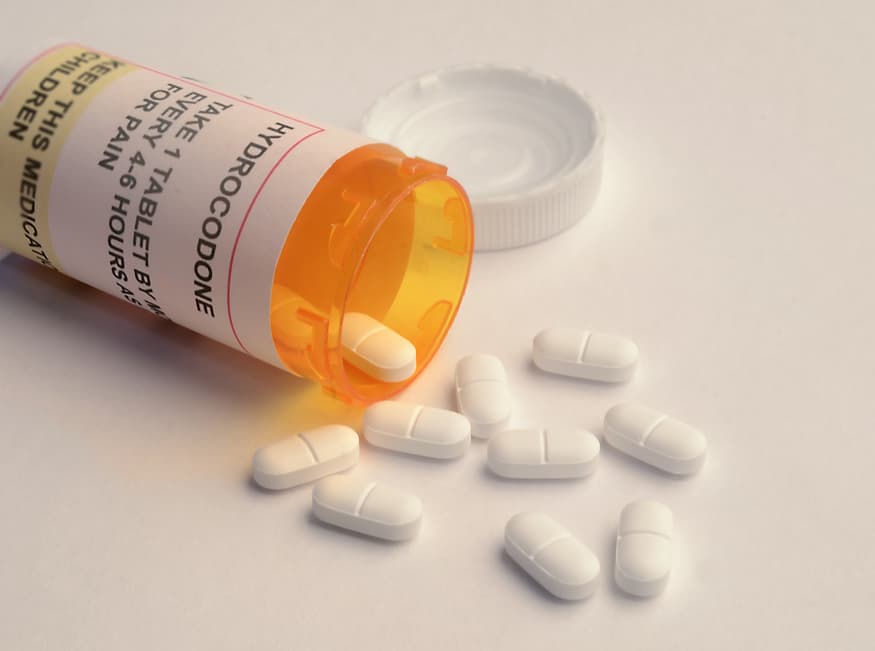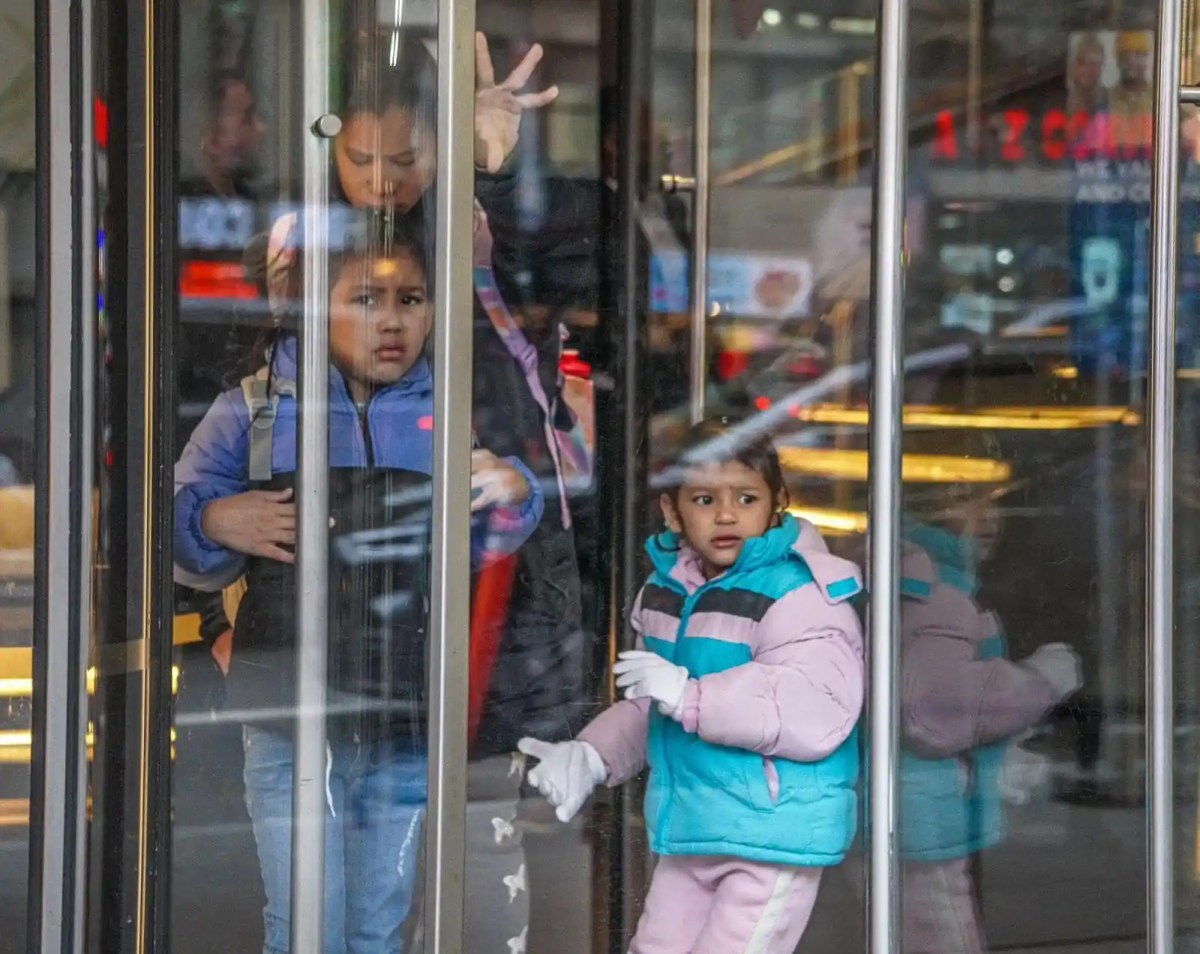One mega-retailer announced a new plan to curb opioid abuse by limiting the amount dispensed to customers each week. The new Walmart opioid policy limits those with prescriptions to just seven days worth of pills at a time.
“Walmart and Sam’s Club will restrict initial acute opioid prescriptions to no more than a seven-day supply, with up to a 50 morphine milligram equivalent maximum per day,” America’s largest retailer said in a statement.
The move comes after the U.S. Centers For Disease Control outlined new guidelines for opioid use.
“Where state law for fills on new acute opioid prescriptions is less than seven days, Walmart and Sam’s Club will follow state law,” the company added.
The new policy will go into effect in the chain’s stores in the United States and Puerto Rico within 60 days. The retailer will also require all opioid prescriptions come electronically from a doctor, eliminating fraud common with written prescriptions.
Opioid prescription limits aren’t applauded by all experts
Walmart’s move is similar to another limit proposed by The Centers for Medicare and Medicaid Services earlier this year. Under that rule, Medicare patients would be restricted to 90 milligrams of morphine per day.
Limits, opponents say, should be imposed by doctors, not businesses and government.
“There are a lot of Medicare providers that already do very aggressive dose control now,” Dr. Stefan Kertesz, a professor at the University of Alabama, Birmingham, told Stat in March. “We know what real opioid safety looks like. This is not that.”
Also, doctors and editors of pain medical journals wrote a letter opposing the rule, saying it’s overreach and could carry “serious consequences” for 1.6 million Medicare patients “who reached that threshold for at least one day in 2016,” according to Stat.
“The plan avows no metric for success other than reducing certain measures of prescribing,” the doctors and editors wrote in the letter. “Neither patient access to care nor patient health outcomes are mentioned.”
Walmart opioid policy could impact patient negatively, opponents say
Walmart’s opioid policy change comes on the heels of pharmaceutical distributors admitting involvement in the opioid crisis.
“With the benefit of hindsight, I wish we had moved faster and asked a different set of questions, I am deeply sorry we did not,” Cardinal Health Executive Chairman George Barrett told Congress Tuesday of shipping over 23 million prescription opioid doses to pharmacies in two small towns in West Virginia. The state has the highest number of opioid-related deaths.

“Today, I am confident we would reach different conclusions about those two pharmacies.”
Kermit, West Virginia — population 400 — received nearly nine million hydrocodone pills over two years, according to the Washington Post.
“There is no logical explanation we can find for why a town of approximately 400 people would receive nearly 9 million opioid pills in two years,” Oregon Rep. Greg Walden, chair of the Energy and Commerce Committee, said, according to the Post.
But for those who really need prescription opioids, limiting — or even cutting off — access can be dangerous to health.
“It’s not as easy as just telling a primary care doctor to lower the dose by X amount,” Andrew Kolodny, the co-director of opioid policy research at Brandeis University Heller School for Social Policy and Management, told Politico.
Opioid dependence happens quickly and people with chronic pain can turn to heroin – or even suicide — if tapering isn’t done properly with doctor guidance.
And that’s not the only problem: The focus on opioids is ignoring that the use of methamphetamine and cocaine is again exploding across the country.
“We treat drug epidemics like ‘whack a mole,'” West Virginia Public Health Commissioner Rahul Gupta told Politico. “We get one under control, another pops up.”

























